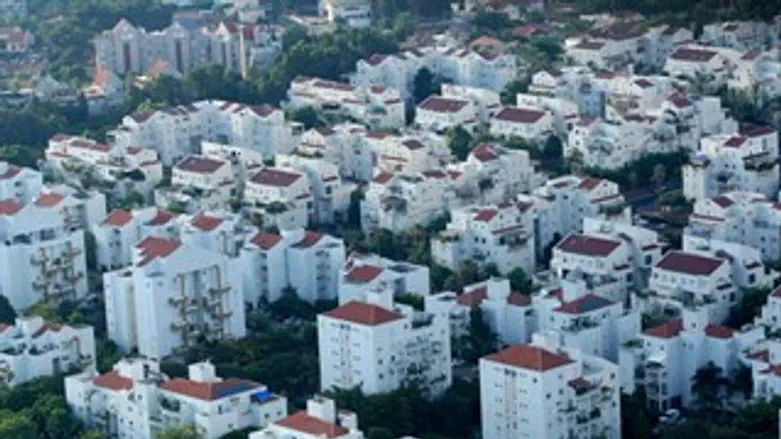
Torah Readings
Parshat Vayelech opens as Moshe visits the tents of Bnei Yisrael on the final day of his life to say good-bye. He teaches the Mitzvah of Hakhel, whereby the entire nation gathers once each 7 years & hears the King read selected portions of the Torah aloud to them.
G-d speaks to Moshe & Yehoshua, commanding them to copy the Torah & teach it to the people. Yehoshua is charged to be strong & brave - the first requirement of any Jewish leader!
The Haftora, "Shuva Yisrael" from Hoshea, gives this Shabbat of Aseret Y'mai Teshuva, the Ten Days of Repentance, its name: Shabbat Shuva, an apt one considering that the word "shuva" means "return".
The Torah reading of Yom Kippur, taken from Acharei Mot, details the elaborate Avoda service conducted by the Kohen Gadol on Yom Kippur. He wore special garments & brought offerings for himelf, his family, & the nation. The Haftora, from Yeshayahu, reminds us that fasting without sincere Teshuva is a hollow gesture.
The most famous reading of Yom Kippur is the Mincha recital of the Book of Yonah, as the Prophet Yonah seeks to escape his mission to Nineveh, but learns that Hashem is omni-present, hears all prayers & can forgive any sin.
On the Torah Portion: Mind Your Miracles
As Moshe Rabbeinu’s life comes to a close, he must turn over the reigns of leadership. Yehoshua will be the one to carry on Moshe’s legacy, & he will do a fine job of leading Bnei Yisrael into Eretz Yisrael, defeating the Canaanites in an epic battle at Jericho, & uniting the tribes.
But Yehoshua, for all his greatness, is not exactly a Moshe. The people insinuate this by referring to him as “the moon,” while Moshe is “the sun.” That is, Yehoshua is but a reflection of the great son of Amram.
Part of what they see as a “downgrade” in greatness is the seeming shortage of miracles that occur when Moshe is gone. True, Yehoshua will preside over a dramatic splitting of the Jordan, which is reminiscent of one of Moshe’s greatest moments (see Psalm 114 & Gemara Sota 35 for an elaboration on this great event) but, by & large, miracles are no longer an everyday occurrence, as they were in the desert when Moshe was at the helm.
But hang on a second: Is this a bad thing? Are miracles necessarily a sign of our greater righteousness?
Note the famous story in Ta’anit 24b: Rav Mari, Shmuel’s grandson, was standing on the banks of the river Papa in Babylonia & saw angels who were disguised as sailors. They loaded sand aboard their ship, & it turned into fine flour! The people, who were suffering from a drought, came to buy it, & Rav Mari yelled out, “Don’t buy it; it came about through a miracle!” The next day, boatloads of wheat arrived from Perezina (a town near Baghdad).
Why did Rav Mari not want the people to eat the “miracle flour?” Did he think utilizing a miracle would deplete their stored-up “credit” of merit & good fortune? Or did Rav Mari understand that there is a better miracle than sand-into-flour; it is wheat into flour! That’s right; the wonders of nature that surround us, that occur 24/7 right under our noses – in our backyards, in our bodies, in the skies above – are the real miracles of life, all too often unappreciated.
Strangely enough, it is a less-deserving person that needs a miracle to occur, & a greater person who is able to recognize that life, everyday life, is filled to the brim with miracles of every shape & form. Yehoshua & his generation had a greatness all of its own; it didn’t need constant, overt miracles to survive or to flourish.
On Yom Kippur - & every day – let us thank Hashem every time things go right; that is the real miracle!
G'MAR CHATIMA TOVA!
